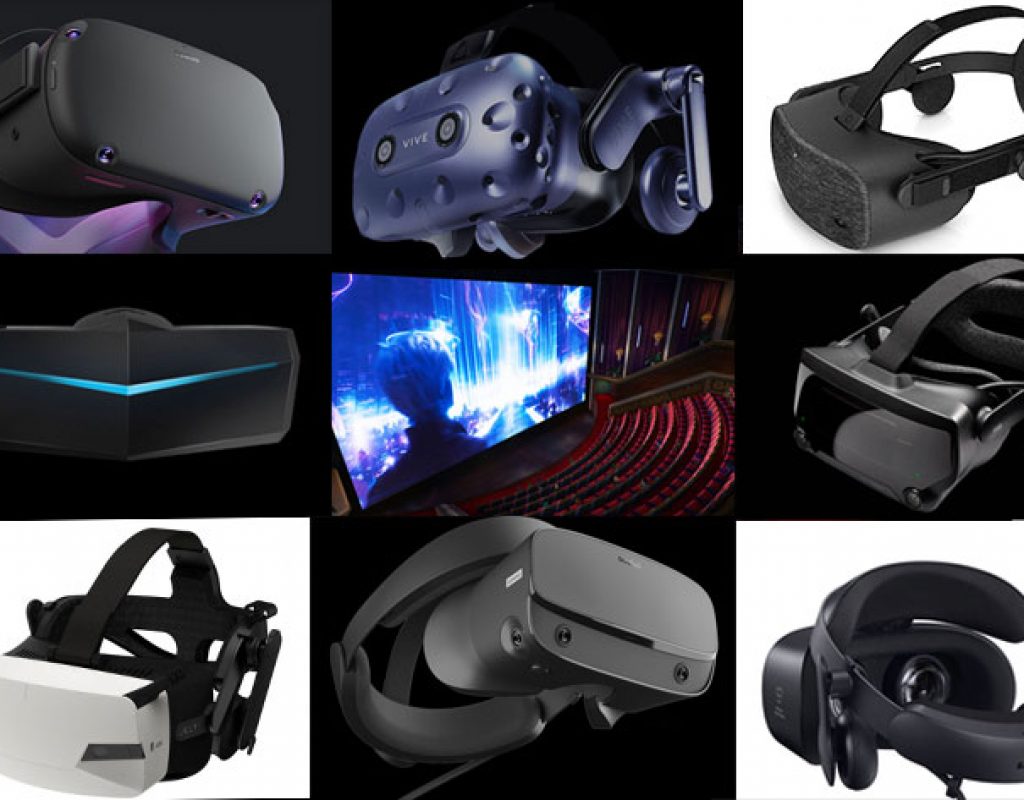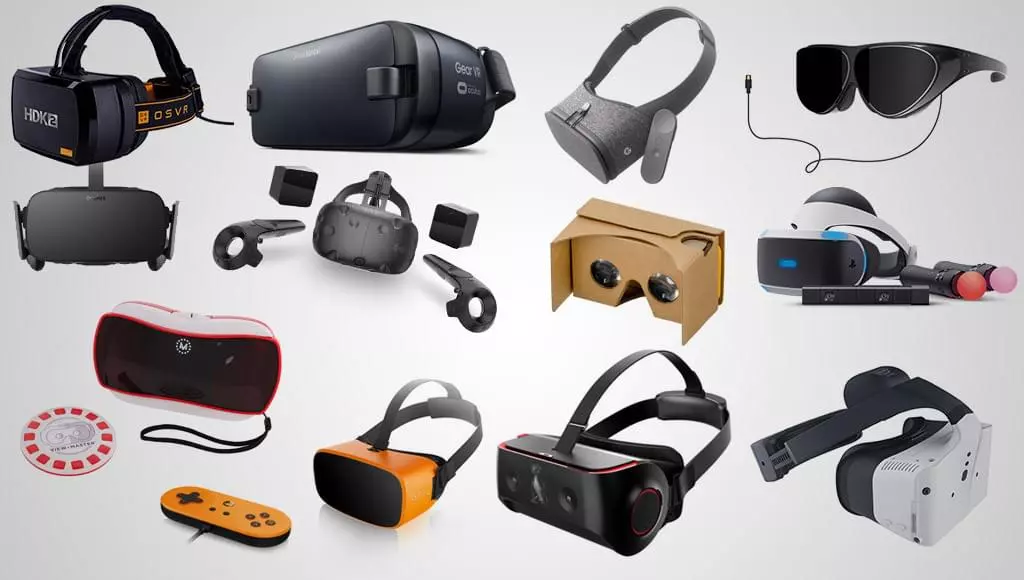Virtual Reality (VR) has emerged as a transformative technology, reshaping how we interact with digital content and experience simulated environments. As VR continues to evolve, different types of VR technologies have emerged, each offering unique features and applications. This article aims to provide an in-depth exploration of various VR categories, highlighting their characteristics, applications, and potential impacts on diverse industries.

Immersive Virtual Reality (IVR)
Immersive VR, often considered the quintessential VR experience, engulfs users in a completely simulated environment. Head-mounted displays (HMDs) track head movements, providing a seamless and immersive experience. IVR finds applications in gaming, training simulations, and architectural visualization, offering users a profound sense of presence within the virtual space.
Augmented Reality (AR)
Augmented Reality overlays digital information onto the real world, enhancing the user’s perception of their surroundings. AR applications are diverse, ranging from mobile gaming (e.g., Pokémon GO) to practical uses like navigation assistance, where digital information is seamlessly integrated into the physical environment through devices such as smartphones and AR glasses.
Mixed Reality (MR)
Mixed Reality combines elements of both VR and AR, creating an interactive experience where virtual and physical worlds coexist. MR systems, like Microsoft’s HoloLens, allow users to interact with holographic objects in their real-world environment. This technology finds applications in industrial design, medical training, and collaborative workspaces.
360-Degree Video
360-degree video technology captures a scene from all directions simultaneously, providing users with an immersive viewing experience. Unlike traditional video formats, 360-degree videos allow viewers to control their perspective, making them ideal for virtual tours, live events, and immersive storytelling.
Web-Based VR
Web-based VR utilizes standard web technologies to deliver immersive experiences through web browsers. This approach eliminates the need for specialized hardware or software installations, making VR accessible to a broader audience. Web-based VR applications include educational simulations, interactive storytelling, and collaborative virtual environments.
Haptic Feedback Systems
Haptic feedback systems add a tactile dimension to VR experiences by simulating touch and texture. Through vibrating actuators and force feedback mechanisms, users can feel and interact with virtual objects, enhancing realism and immersion. Haptic technology finds applications in medical training, gaming, and virtual simulations.
Social VR
Social VR platforms enable users to interact with each other in shared virtual spaces. Users can communicate, collaborate, and share experiences in real-time through avatars. Social VR applications range from virtual meetings and conferences to recreational activities, fostering a sense of presence and connection in the digital realm.
Conclusion
Virtual Reality technologies have evolved far beyond mere entertainment, becoming integral tools across diverse sectors. The continued innovation in VR promises to reshape how we perceive and interact with digital information, fostering new possibilities for communication, collaboration, and exploration in the ever-expanding realms of VR As the journey of VR unfolds, its impact on our daily lives and industries is bound to be transformative, creating a future where the boundaries between the virtual and physical worlds continue to blur.
























+ There are no comments
Add yours